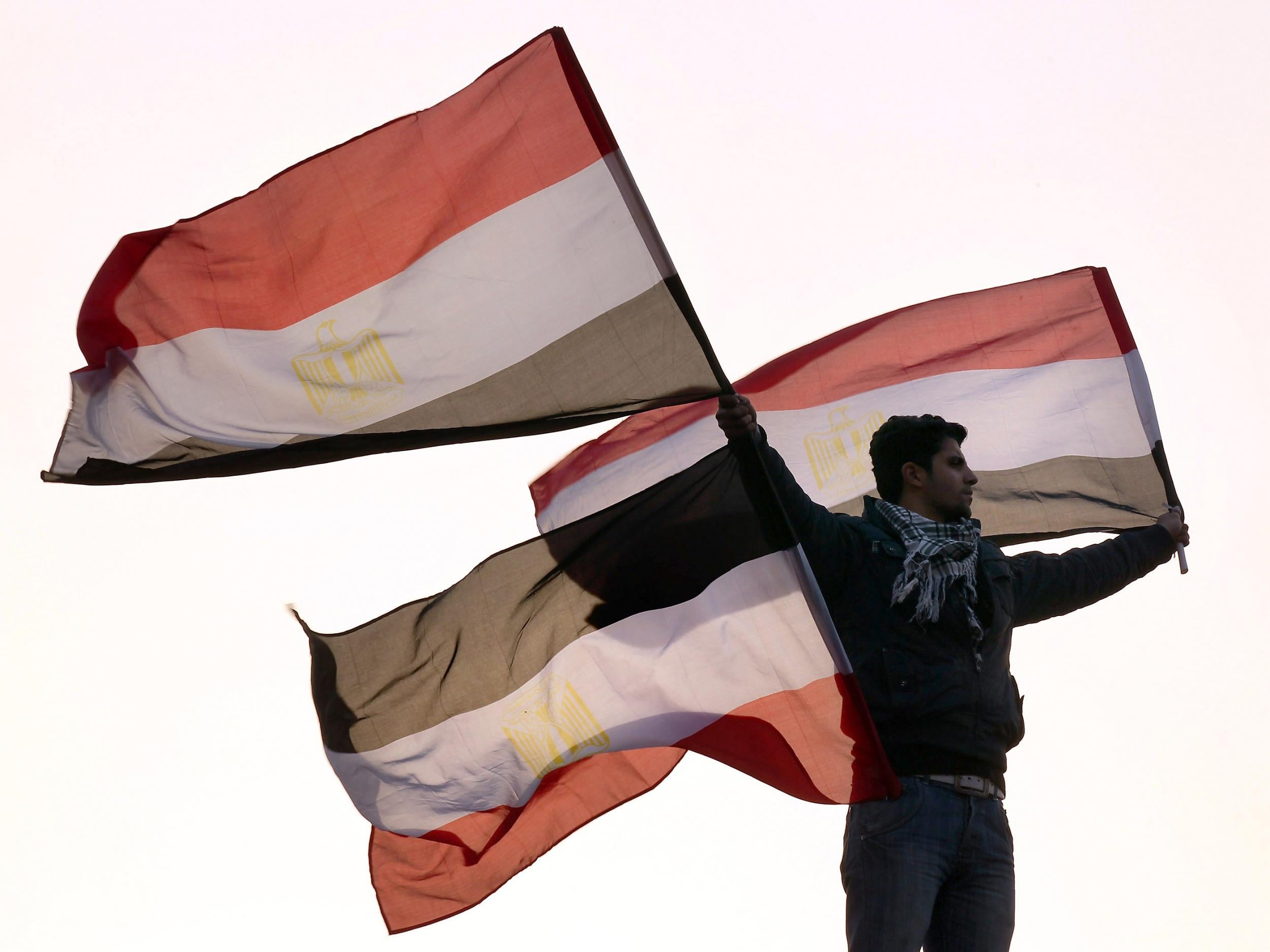A revolution is brewing in Egypt – and this time it will spread far beyond Tahrir Square
Draconian political repression and austerity programmes are driving the recent small-scale protests. Unless their causes are addressed, they will only multiply


Your support helps us to tell the story
From reproductive rights to climate change to Big Tech, The Independent is on the ground when the story is developing. Whether it's investigating the financials of Elon Musk's pro-Trump PAC or producing our latest documentary, 'The A Word', which shines a light on the American women fighting for reproductive rights, we know how important it is to parse out the facts from the messaging.
At such a critical moment in US history, we need reporters on the ground. Your donation allows us to keep sending journalists to speak to both sides of the story.
The Independent is trusted by Americans across the entire political spectrum. And unlike many other quality news outlets, we choose not to lock Americans out of our reporting and analysis with paywalls. We believe quality journalism should be available to everyone, paid for by those who can afford it.
Your support makes all the difference.It all started on Friday 20 September. Tens of hundreds of people took to the streets across Egypt calling for the removal of Abdel Fattah al-Sisi.
Not a big deal for a population of 100 million – but still quite an event that surprised many; especially in a country where public demonstrations have not been held since 2016.
Protests have been banned in Egypt since 2013 after al-Sisi ousted the democratically elected President Mohamed Morsi in a military takeover. The zero tolerance approach to demonstrations has led to forced disappearances and torture, and increasingly lengthy prison sentences for those defying the ban.
Thousands of these detainees fill Egyptian prisons; hundreds of websites have been blocked; and the country’s press is almost totally controlled by the government amid an ongoing heavy crackdown aimed at crushing all dissent.
And for the past few years Sisi’s repressive grip has successfully put off Egyptians from daring to express the mildest opposition publicly, enabling him to cement his hold while keeping the masses quiet and subservient.
But the last two Fridays have been different. The “rare” and “small” protests, as correctly described in the media, are meaningful. Chants such as “Down with Sisi!” and “Leave now!” have been heard across several Egyptian cities.
However limited and scattered, these rallies show that Egyptians have had some sort of awakening eight years after the Arab Spring when they brought down long-time dictator Mubarak. It’s been a long economic squeeze and an extended period of political clampdown, and they’ve now found a new opportunity to vent their anger.
This time, it doesn’t have to be in Cairo’s Tahrir Square, the epicentre of Egypt’s 2011 revolution, but anywhere in Egypt. Tahrir is expanding into various neighbourhoods, towns and cities across the country.
But why? Frustration has accumulated over the past years, especially with the tough government-imposed austerity measures. Egypt is coming out of a three-year reform programme with the IMF, which provided a $12bn loan, at the price of often unpopular economic measures.
As part of the programme, Sisi’s government has devalued the Egyptian pound and raised the prices of basic goods and services, while slashing subsidies to fuel, electricity and some foodstuffs.
Economists and investors have been quick to cheer the accelerated growth figures, reduced inflation and declining debt and deficit rates; but improved macro-economic indicators have so far failed to translate into a rise in income and better living standards. The currency devaluation and subsidy cuts have sent prices soaring, plunging almost a third of the population into poverty.
Official statistics released in July show that 33 per cent of Egyptians are living under the poverty line after years of austerity measures, up from 28 per cent in 2015. The World Bank puts the number of poor at nearly 60 per cent.
Struggling with severe austerity and a high cost of living, life has only got more brutal for the Egyptian people. Add to that the sustained repression against dissent, and it’s easy to see how Egypt’s economic and political pressure cooker has been primed to explode.
The small but unprecedented demonstrations were triggered by viral videos from exiled Egyptian businessman Mohamed Ali alleging President Sisi and the army of widespread squandering of public funds. The online calls for protests struck a chord with the Egyptian public, sparking a renewed debate around corruption allegations in a country where the economy is mostly controlled by the military.
Mohamed Ali was just a spark. Now, the wall of fear has been broken through. Whether the street rallies will continue this Friday or not, they are ready to explode at any time. Even in spite of a frenzied, intensified crackdown.
Since the rallies broke out, Egyptian authorities have launched the largest wave of mass arrests under Sisi’s rule, rounding up over 2,000 people, including lawyers, journalists, politicians and many not even involved in the protests, as we all as re-arresting former prisoners. Access to news websites and social media channels has been restricted. Several pro-government media platforms have attempted to discredit demonstrators by labelling them as “Islamists” or “terrorists”.
And yet – people have still been taking to the streets. Mr Sisi’s iron fist is not enough as strong as it once was.
“Don’t worry about anything”, Mr Sisi told Egyptians last Friday in a nervous attempt to reassure his own people. But it is him that is worried more than anyone else. The demonstrations are the most open display of defiance to his authority since his ascent to power.
Claiming that the economy is doing just fine won’t defuse the public anger – especially when billions of dollars are being spent on building new palaces and megaprojects that just consolidate the military’s power. President Sisi must learn: the frustration that led people to the street will only be assuaged when their economic hardship is addressed.
Join our commenting forum
Join thought-provoking conversations, follow other Independent readers and see their replies
Comments